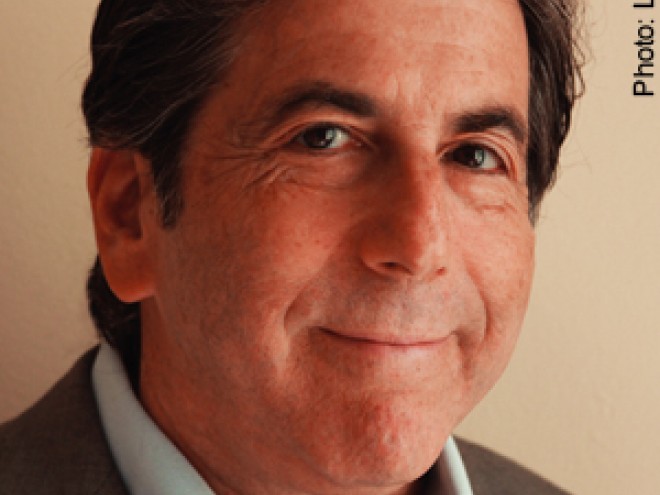A conversation with Slavko Goldstein about recently published book, 1941: The Year That Keeps Returning (New York Review of Books).
 Elise Cooper: Do you think that in 1941 an ethnic war was being fought in Croatia, as in the 1990s?
Elise Cooper: Do you think that in 1941 an ethnic war was being fought in Croatia, as in the 1990s?
Slavko Goldstein: I would not describe it as an ethnic war but a war where there was a fascist side and an anti-fascist side. I think the majority of the Croatians were on the anti-fascist side against the puppet government. The resistance was the anti-fascists, led by the Communists. On the other side were the occupiers: the Germans, the collaborators, and the fascist puppet government.
EC: Can you describe the treatment of the Jews in 1941?
SG: In the beginning the Ustasha, the pro-fascist nationalists, were only a small group, maybe ten to fifteen percent of the population. In April, men began to be arrested. The regime was not as brutal in the beginning. The first month after my father’s arrest we were able to visit him twice a week. Later we were allowed to visit only once a week. For the first three or four months Jews were not killed. In July, women were then arrested. After six or seven months, in autumn, whole families were arrested. There were 39,000 Jews living in the territory at the beginning of 1941. Only 9,000 survived, mainly because of the Partisans or because they went to the Italian zone.
EC: Why didn’t your father try to escape?
SG: No one expected it here, that it would come so fast. It took five years from when the Nazis came to power in Germany until they started the persecutions. My father thought there was time to organize, but unfortunately he was arrested the morning after the puppet government was established. Some of the Jews in our town realized almost immediately what was happening and left, saving their lives.
EC: Can you describe your escape?

SG: I escaped to a town in Croatia, which had a small village. I was hidden with my brother for seven days and no one in the village reported us. A Croatian family paid for false papers for us to use, including my mother, who by then was out of prison. This shows that we should not make generalizations about the feelings of any particular people. In the North there were anti-Semites but not so much in the South. It was in the South where the resistance grew.
EC: Why did you write your book?
SG: I wrote the book to tell my personal story. I did a lot of research on what happened. I want people to understand how the Italians controlled the Southern part of my country and did not kill the Jews. I wrote it for the next generation so they will have a description of what happened. I wanted to show that 1941 was the year where the roots of the persecution began.
Elise Cooper lives in Los Angeles and has written numerous national security articles supporting Israel. She writes book reviews and Q and A’s for many different outlets including the Military Press. She has had the pleasure to interview bestselling authors from many different genres.
Related Content: Read more author interviews here



